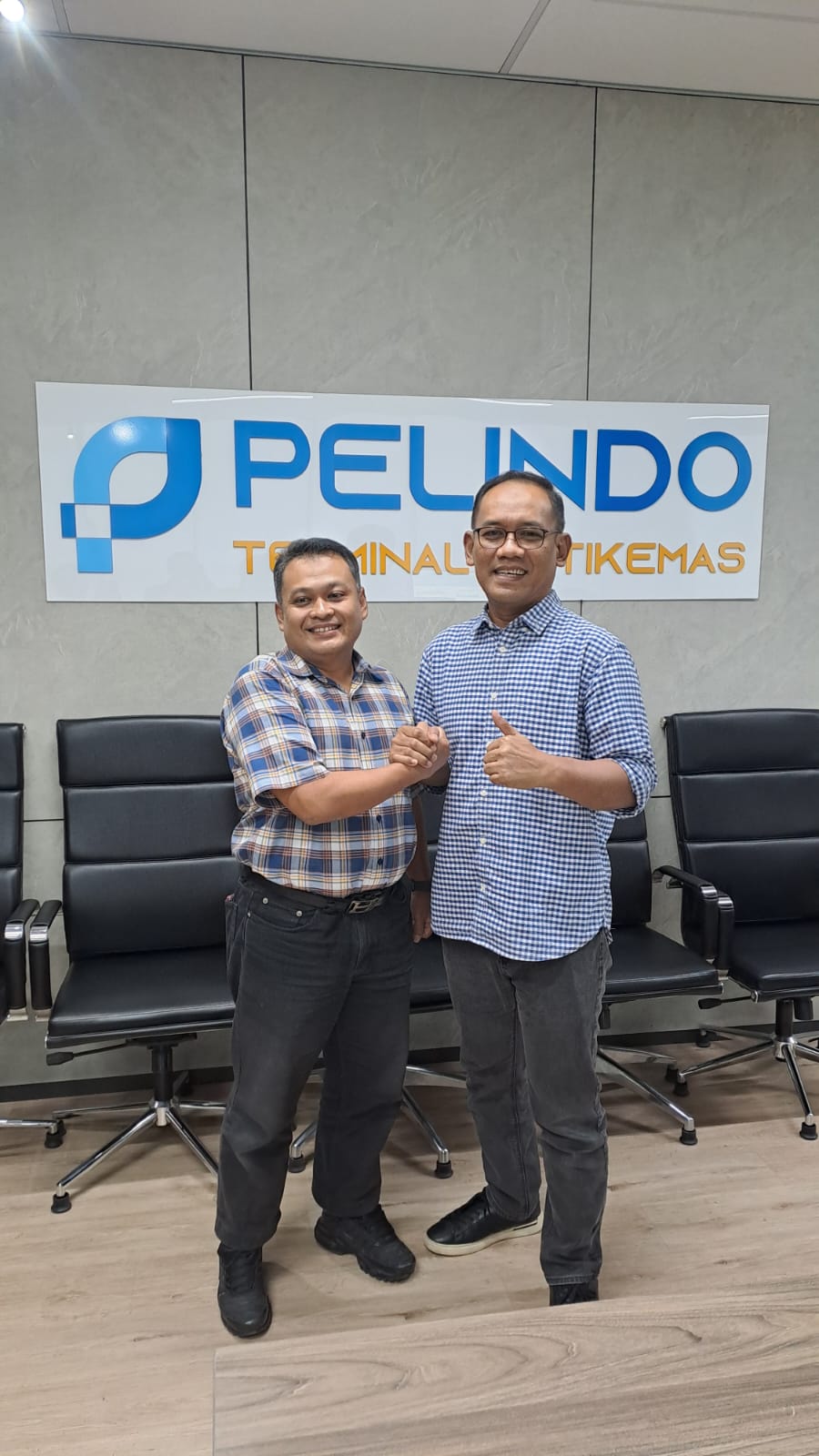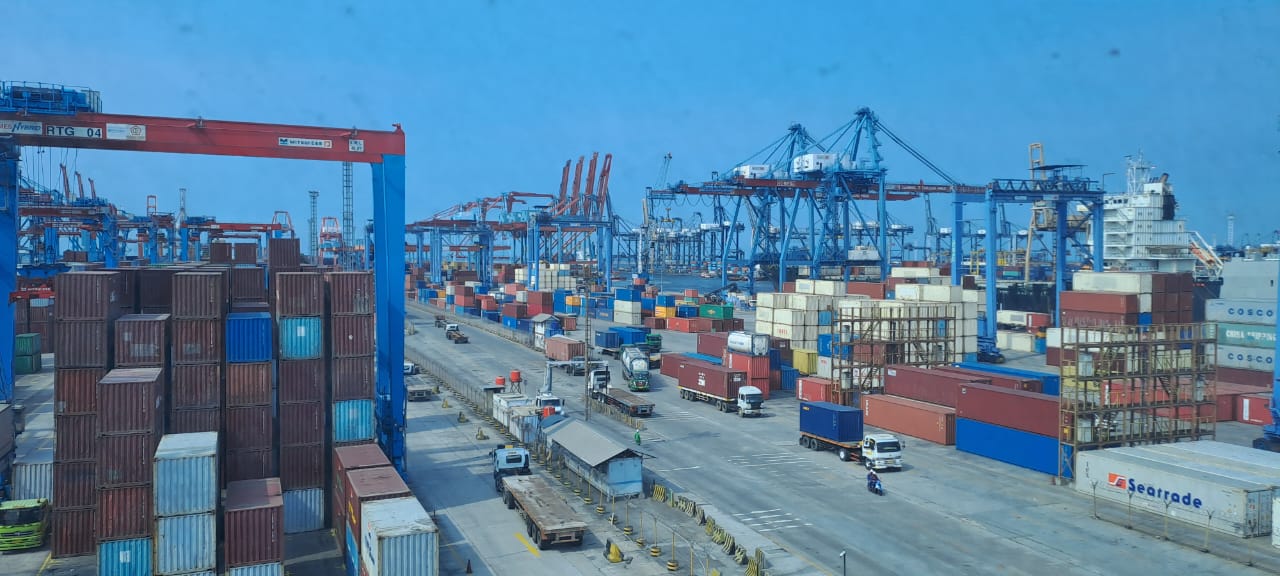Strengthening Port Infrastructure: Civil Engineering Collaboration Between BINUS and PELINDO
The Strategic Role of Ports in Indonesia’s Development
Indonesia, as the world’s largest archipelagic country, relies heavily on maritime infrastructure to support its economic growth. With more than 17,000 islands, the nation faces unique logistical challenges in ensuring the smooth distribution of goods, food security, and energy resilience. A well-developed port infrastructure is a key component in addressing these challenges, as ports serve as the main hubs for trade, transportation, and supply chain management.
However, inefficiencies in port operations can lead to high logistics costs, congestion, and delays, which ultimately impact national productivity. Recognizing this, the Indonesian government has prioritized port development as part of its long-term economic plan under the Indonesia Emas 2045 vision.
In line with this national agenda, BINUS University’s Civil Engineering Department has initiated a research and academic collaboration with PT Pelindo Terminal Petikemas (SPTP), a sub-holding of the state-owned enterprise PELINDO, which manages Indonesia’s largest container terminals.
Collaboration Between BINUS Civil Engineering and PELINDO

In January 2025, Dr. Ir. Oki Setyandito, S.T., M.Eng., IPM., Head of the Civil Engineering Department at BINUS University, met with Muhammad Adjie, President Director of PT. SPTP Pelindo, at the company’s headquarters to discuss potential areas of collaboration. The meeting focused on Caturdarma, a four-pillar framework encompassing:
- Education – Enhancing civil engineering curriculum with practical applications in port and maritime infrastructure.
- Research – Conducting studies to improve port efficiency, sustainability, and resilience.
- Community Service – Engaging with local communities to promote knowledge transfer and technological advancements.
- Innovation – Developing cutting-edge solutions for smart port operations and logistics management.
Through this partnership, BINUS Civil Engineering aims to contribute academic expertise and engineering solutions to improve Indonesia’s port infrastructure, logistics efficiency, and environmental sustainability.
Tackling Indonesia’s Logistics and Infrastructure Challenges
The collaboration between BINUS and PELINDO is crucial in addressing major logistical challenges in Indonesia, such as:
- High Logistics Costs – Indonesia’s logistics costs remain high compared to other ASEAN countries. Efficient port operations can reduce costs and improve competitiveness.
- Congestion and Delays – Many Indonesian ports experience heavy congestion, leading to delays in cargo handling and distribution. Optimizing port layouts and operations can enhance efficiency.
- Environmental Sustainability – The maritime industry must adopt greener solutions, such as energy-efficient port design, eco-friendly shipping technologies, and waste management strategies.
By leveraging BINUS University’s research capabilities and PELINDO’s industry expertise, this partnership seeks to develop smart and resilient port infrastructure that can support Indonesia’s economic aspirations for 2045 and beyond.
Future Steps and Expected Outcomes

Following the initial discussions, BINUS and PELINDO plan to establish a joint research center focused on port infrastructure and logistics innovation. Some of the expected outcomes include:
- Development of Smart Port Technologies – Implementing AI-driven traffic management systems, automated container handling, and digital tracking solutions to enhance operational efficiency.
- Optimization of Port Layout and Operations – Conducting data-driven studies to improve berth utilization, cargo handling efficiency, and transportation connectivity.
- Capacity Building and Knowledge Exchange – Organizing workshops, training programs, and internships for BINUS students and faculty members to gain hands-on experience in real-world port management and engineering projects.
By fostering this collaboration, BINUS and PELINDO aim to create a sustainable and future-ready maritime industry that supports Indonesia’s economic growth, trade competitiveness, and global connectivity.
Conclusion
The partnership between BINUS Civil Engineering and PT Pelindo Terminal Petikemas is a significant step toward strengthening Indonesia’s port infrastructure. By combining academic research with industry expertise, this collaboration can drive innovation, efficiency, and sustainability in maritime logistics and infrastructure development.
As Indonesia moves toward Indonesia Emas 2045, initiatives like this will play a vital role in ensuring that the country remains a key player in global trade and maritime logistics.


Comments :